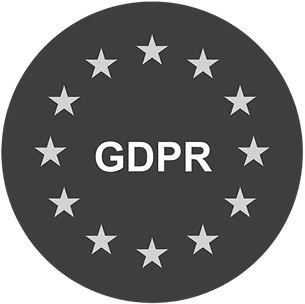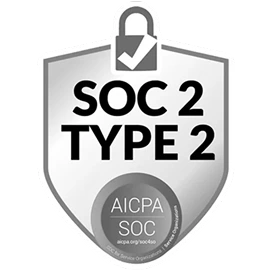Training new customer service agents can be an intensive and long-winded process, especially if you're managing a very large centre which makes multiple hires at any one time.
In this week's episode we speak to David Apple, CRO at Zingtree, about how you can harness tech to reduce your agent training time, and the benefits reduced training time can bring to both the agent and the wider business.
Software is constantly evolving. Our ways of working are improving as time, money and effort-saving tech becomes more tailored and readily available.
But when it comes to some aspects of customer support, like staff training, we don't question whether we can use tech to improve on best practices like we do with other aspects of day-to-day work.
Agent training is often a case of recycling the way you were taught several years ago, because it works, right? 2 weeks or so shadowing calls, watching presentations and easing in with lesser duties is pretty typical. Why change it?
As David explains in this weeks' episode, those extra weeks you spend doing traditional training, which could be saved by implementing the right kind of tech and processes, equate to a lot of money, time and stress for an agent trying to remember everything they're taught before they're fired up live on the phones.
And let's face it, as soon as you take that first call as a fresh agent, a lot of what you've learned goes out the window. The real training is done in the field.
Scroll down to read the highlights or watch the full episode 👇🏻
So what did the training look like when you started your career as an agent?
I tried to rack my brain around what was that like 22 years ago? And as far as I recall, they basically handed us a few sheets of paper: This is your script. Here's how you handle certain objections when they say no, when you finish the first part of the script, go on to this part or that part.
You would basically try to memorise the script, or just read off the script, so that was effectively the training. I specifically remember like totally fumbling, I'd like to say just the first few days, but it was probably longer than that.
It was tough, it was not optimal for sure.
Based on your experience and the knowledge that you've built up, what do you think optimal training would look like nowadays?
A challenge for contact centres is that agents typically don't stick around for a super long time. It might be a stepping stone or just something to pay the bills while they're studying or pursuing another career or something like that. Obviously that's not everybody, but that's common.
So what's the right amount to invest in training? How do you set support agents up for success and how you make them feel like they can do a good job?
Some of our customers have tens of thousands of skews for their products that are different for each region or each model that comes out is slightly different.
You can't expect them to be experts in all of that, so what's the right way to train people so that they're empowered to support their customers in the best way possible? I think the objective for training is what's the shortest amount of time that you can get somebody ramped up and feel like they're well equipped to support customers.
One way to do that is with on-the-job assistance tools, like Zingtree, so that agents can be supported while dealing with customers.
What are the benefits of reducing agent training time?
Prior to using Zingtree, one of our customer's agent training was three weeks long. They had a whole training team, they had to hire contact centre agents in batches so that they would go through that training together. They would recruit for say a month, everybody would have the same start date and then they train them for three.
Since optimising their training, they don't need to hire in batches because it's not a big effort to train people, so they can hire people more according to the demand of their centre, so that's one big benefit.
You can hire people according to your surges and demand and be a little bit more reactive to actual demand rather than having to predict demand a month or maybe even two months ahead of time to hire the people and train them.
Another aspect of that surge demand is the fact that with reduced training time you could train your agents on more different topics. So each agent, instead of just being trained in billing or technical support or troubleshooting, you can train them to do multiple things. So if you have a surge in requests, like every support team does either seasonality or launch of a new product or something like that, you can reappoint agents to cover that surge.
Music: Savour The Moment by Shane Ivers - https://www.silvermansound.com
.svg)




.svg)





